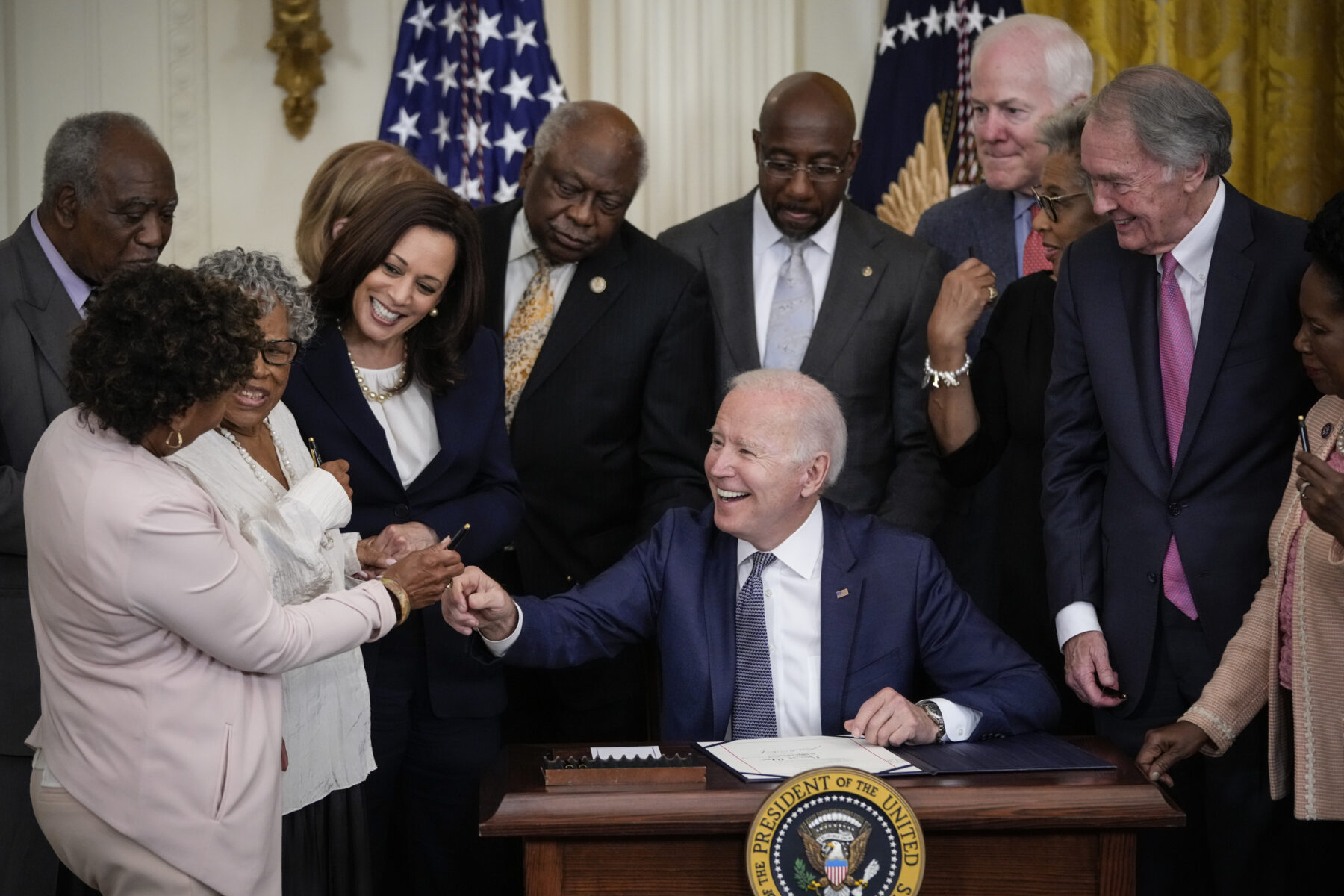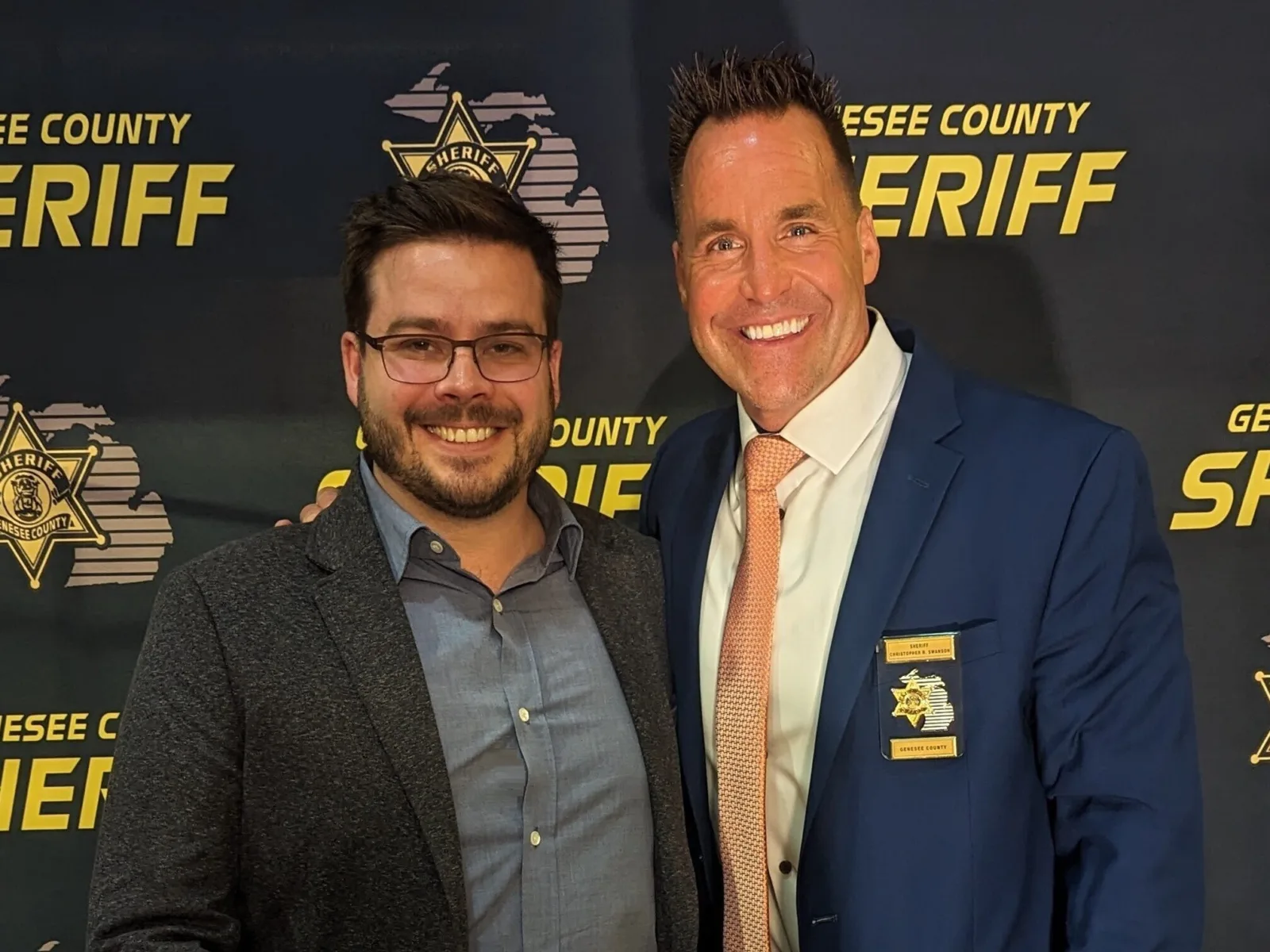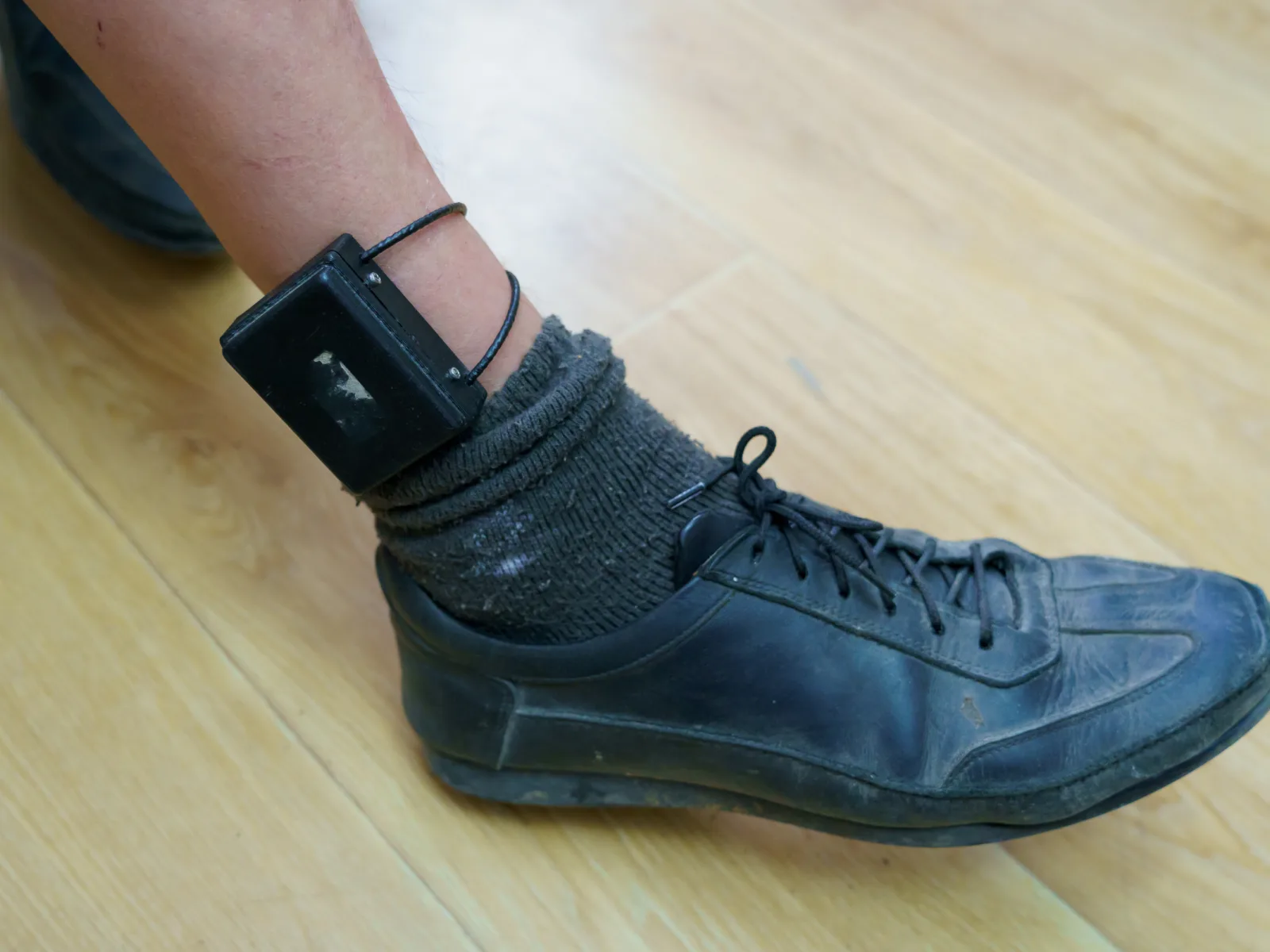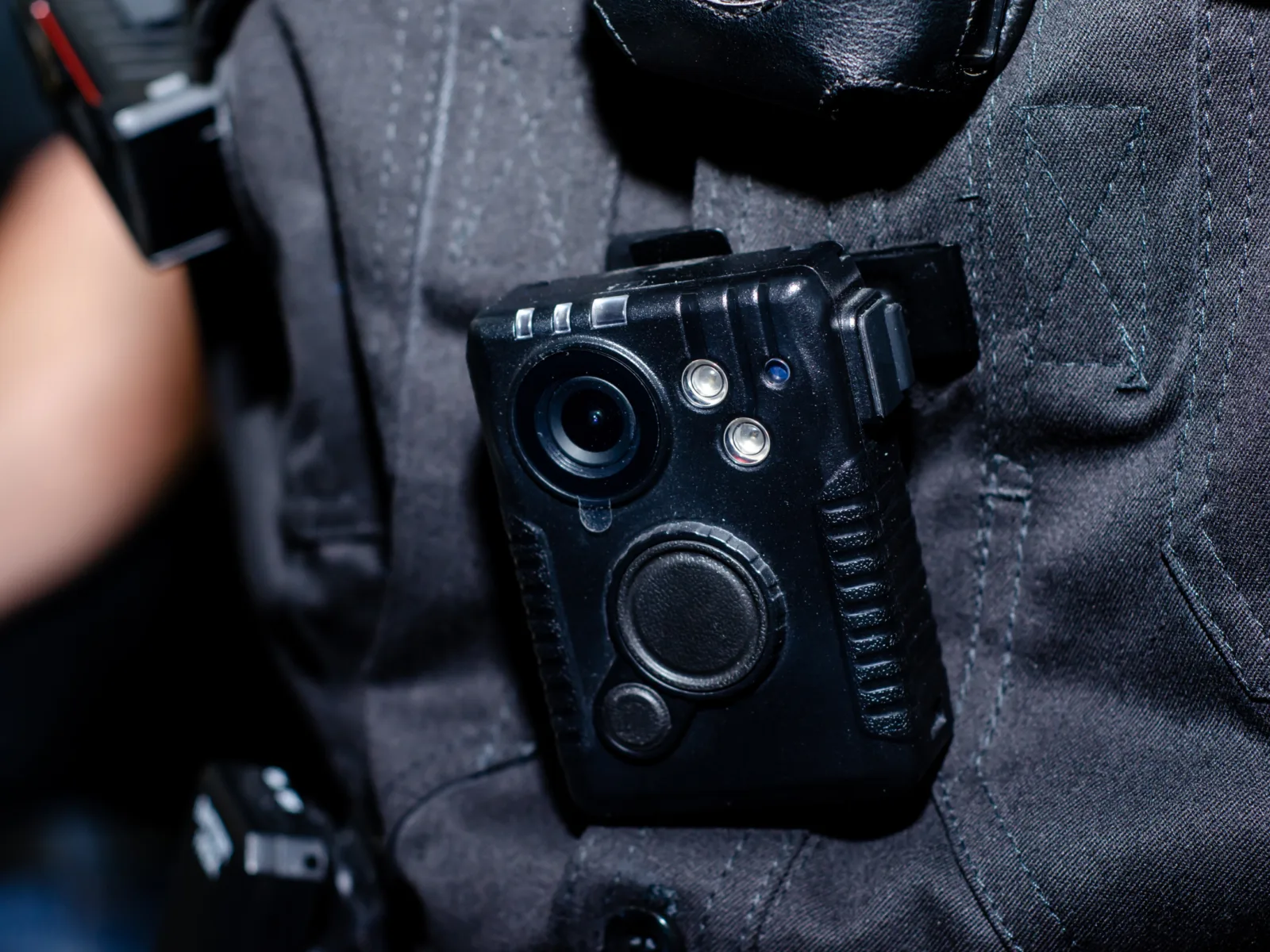On Aug. 3, 2019, Donald Neely was arrested by two Galveston police officers on suspicion of criminal trespassing for sleeping behind a local Park Board building.
It made international news.
The daily events on the Gulf Coast barrier island don’t usually rise to attention on the mainland. Sometimes an approaching tropical storm will have national reporters standing on its historic seawall, built to protect the island from nature’s fury, as ominous clouds gather in the background. But the idea of a low-level arrest in a Texas beach town making headlines in CBS News or The Guardian doesn’t make much sense — until you see pictures of the scene.
“In a pair of photos, two white lawmen atop horses guide a bound black man with a rope down a wide and empty street,” the Washington Post wrote. “If it weren’t for the cars and pavement, a quick glance may lead to the conclusion that they were colorized plates from the antebellum South.”
The imagery wasn’t lost on Neely either, who said he “felt as though he was put on display as slaves once were” in a lawsuit against the city.
Research and studies routinely lay out how policing inflicts harm on Black communities, and how the overarching criminal justice system perpetuates racial injustices dating back to the nation’s founding. But rarely do we see such a clear symbol of this point.
Perhaps what made Neely’s dehumanizing arrest all the more shocking is the fact that Galveston was where freedom finally arrived for many Black men and women tyrannized by our nation’s race-based system of chattel slavery.
Galveston is where the nation first celebrated Juneteenth.
Jubilee Day, Then and Now
On the morning of June 19, 1865, Union Army General George Granger arrived at the last Confederate port and issued a public reading of General Order No. 3. His statement to the people of Galveston reiterated the command of the Emancipation Proclamation, which had been made two years earlier: All people enslaved in the rebelling states were now free.
“This involves an absolute equality of personal rights and rights of property between former masters and slaves,” Granger said.
The following year, people liberated from bondage marked the date with a Jubilee Day. Over the next few years, freedman minister Jack Yates in nearby Houston raised funds to buy 10 acres of land where his community could hold an annual celebration of freedom on June 19th, which came to be known as Juneteenth.
On Thursday afternoon, with the stroke of a pen, President Joe Biden enshrined Juneteenth as a federal holiday. Slow and steady bipartisan efforts to add the commemoration of emancipation onto our nation’s shared civic calendar broke into an unexpected sprint this month. Yet even as a once-local recognition of liberation is now observed at the highest level, Granger’s pledge of absolute equality remains incomplete.
“The promise of equality is not going to be fulfilled until we become real, it becomes real in our schools and on our main streets and in our neighborhoods,” President Joe Biden said as he signed the Juneteenth bill.
It is not going to be fulfilled until it is real in the streets of Galveston, too. And on the island, the work continues.
Buying Freedom
In 2018, the American Civil Liberties Union of Texas sued Galveston County for maintaining a money bail system that discriminated against poor, and disproportionately Black, criminal defendants. This lawsuit stems from the arrest of Aaron Booth, who had his bond set at $20,000 after being arrested for drug possession. Under cash bail, people are held behind bars before trial not on the basis of any risk they pose to their communities or chance they might miss a court date. Rather, one’s individual liberty is simply based on how much money you have on hand — a system in which the right to a free body must be bought.
“We’re seeing this system operate obviously unconstitutionally,” said Trisha Trigilio, a senior staff attorney for the ACLU.
While the suit is still ongoing, litigants were able to win the guarantee of legal representation at bail settings. This is the first time that federal courts have recognized that the 6th amendment right to an attorney applies to bail hearings.
Even in the 21st century, we still have to fight to secure the constitutional rights of every American.
Regulating Police
After Neely’s arrest, as activists called for change, the Galveston Police Department began to look at its own practices and question its own systems.
The department quickly found they had no regulations controlling how officers should act while patrolling on horseback. The department used the moment as an opportunity to solicit input from the public and rewrite many of its internal policies about use of force and proper procedures.
“This has been a long, long process,” Galveston Police Chief Vernon Hale said at the time.
The reforms included requiring officers to intervene when another officer uses excessive force. The downtown horseback patrols were eliminated entirely.
The Distance We Have To Travel
The bail lawsuit and policing reforms represent a few of the many necessary steps along the long path to reimagine a criminal justice system that perpetuates racism in the United States, and fulfill the promise of equality made in Galveston 156 years ago.
Perhaps that’s the deeper sense of symbolism inherent in Juneteenth. The Emancipation Proclamation was made two years before news of liberation reached the hundreds of thousands of enslaved people in Texas. That gap between rhetoric and action — promise and fulfillment — remains a persistent truth in the fight for racial justice. Real change rarely happens immediately.
As President Biden said: “All Americans can feel the power of this day, and learn from our history, and celebrate progress and grapple with the distance we’ve come but the distance we have to travel.”























